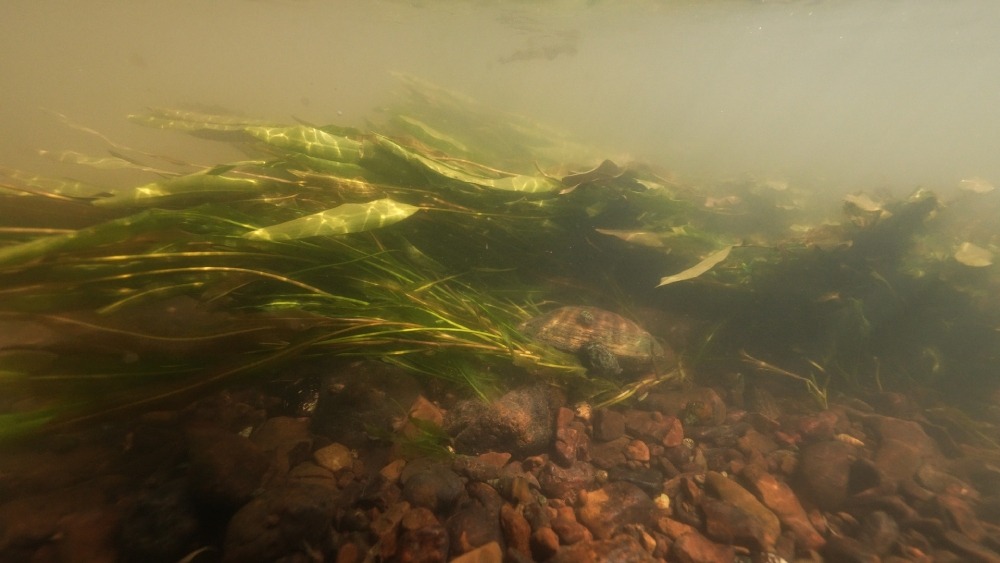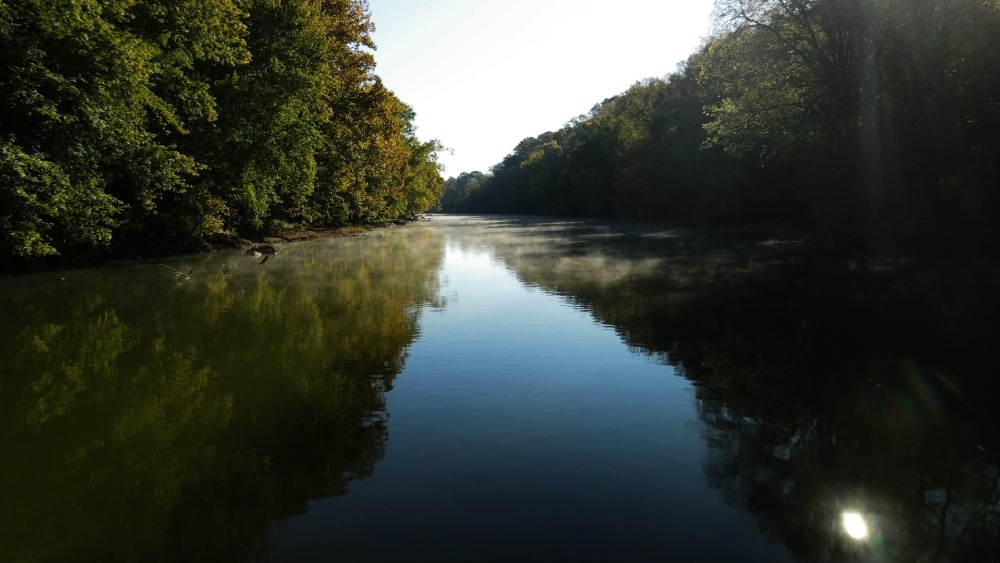protecting the duck river
The Duck River is the longest river flowing entirely in Tennessee. It is one of the most biodiverse rivers in North America.
And it is facing threats that will undoubtedly impact the future health of the river’s ecosystem.
Did you Know?
fish species and 55 mussel species live in the Duck River
Middle Tennesseans get drinking water solely from the Duck River
anglers, paddlers, and boaters use the Duck River each year
Increased Water Withdrawals Threaten the River
In 2023, several water utilities along the Duck River submitted permits requesting increased water withdrawal limits. Collectively, these permits resulted in a 35% increase in water withdrawn from the Duck River each year—up to 54 million gallons per day.
The Duck River is a sustaining resource for people and wildlife. It provides drinking water to 250,000 Middle Tennessee residents and it is home to hundreds of wildlife species, including several endangered mussels which clean the water of sediment and pollutants.
Increased water withdrawals will undoubtedly impact the river’s ability to meet these needs, but the extent of that impact is not yet understood. More research by the Tennessee Department of Environment and Conservation (TDEC) is needed to accurately determine what amount of water flow is needed to ensure adequate water supply both upstream and downstream, maintain healthy mussel populations, and provide enough flow for paddling and other recreational uses.
The Federation is currently seeking to amend these permits to provide better conservation measures and require the long-term planning, like drought management planning and alternative water source analysis, the river needs.


Lee Administration Prioritizing Duck River
For the last several years, Tennessee Wildlife Federation—in partnership with the Southern Environmental Law Center—has worked with TDEC, Tennessee Wildlife Resources Agency, and the Lee administration to prioritize conservation of the Duck River.
On Nov. 20, 2024, Governor Bill Lee signed Executive Order 108—affirming his administration’s commitment to the Duck River and making strides toward ensuring this treasured river continues to be a bountiful resource for generations to come.
In short, EO 108 creates specific directives for TDEC and other agencies and organizations to follow in regard to watershed management of the Duck River and other high-use waterways. These directives include conducting regional drought management planning, proactively following habitat conservation planning under the Endangered Species Act to conserve endangered mussel populations, evaluating long-term solutions for regional drinking water to reduce reliance on the Duck River, and much more.
This executive order represents a major stride in the right direction—but our work isn’t complete. In order to ensure the long-term health of the river, we will need to show the Governor that this is a priority for conservationists throughout Tennessee. Sign up for our Action Alert email list to be notified when your voice is needed to speak up for Tennessee’s rivers and other resources.
Speak out
Help lead Tennessee's wildlife and habitat conservation movement by making your voice heard.
Give
Your generosity helps manage wildlife populations and restore habitats for a more vibrant Tennessee.
Sign up for action alerts
Learn More
Advocating for Sound Policy at the 2023 General Assembly
Every year, Tennessee Wildlife Federation tracks the legislation at state and federal levels to advocate for bills that will advance conservation and against those that will negatively impact wildlife, lands, outdoor recreation, and more.
Fly Fishing is Not Hard: Here’s What to Expect
Casting a fly is not difficult if you let the rod and line do the work. It’s an art that requires skills that can be learned by all.
Top 10 Places to Recreate Outside in Tennessee
The Volunteer State offers a wide variety of outdoor pursuits. From hunting to hiking, you’ll be sure to find an outdoor activity in this diverse state.



